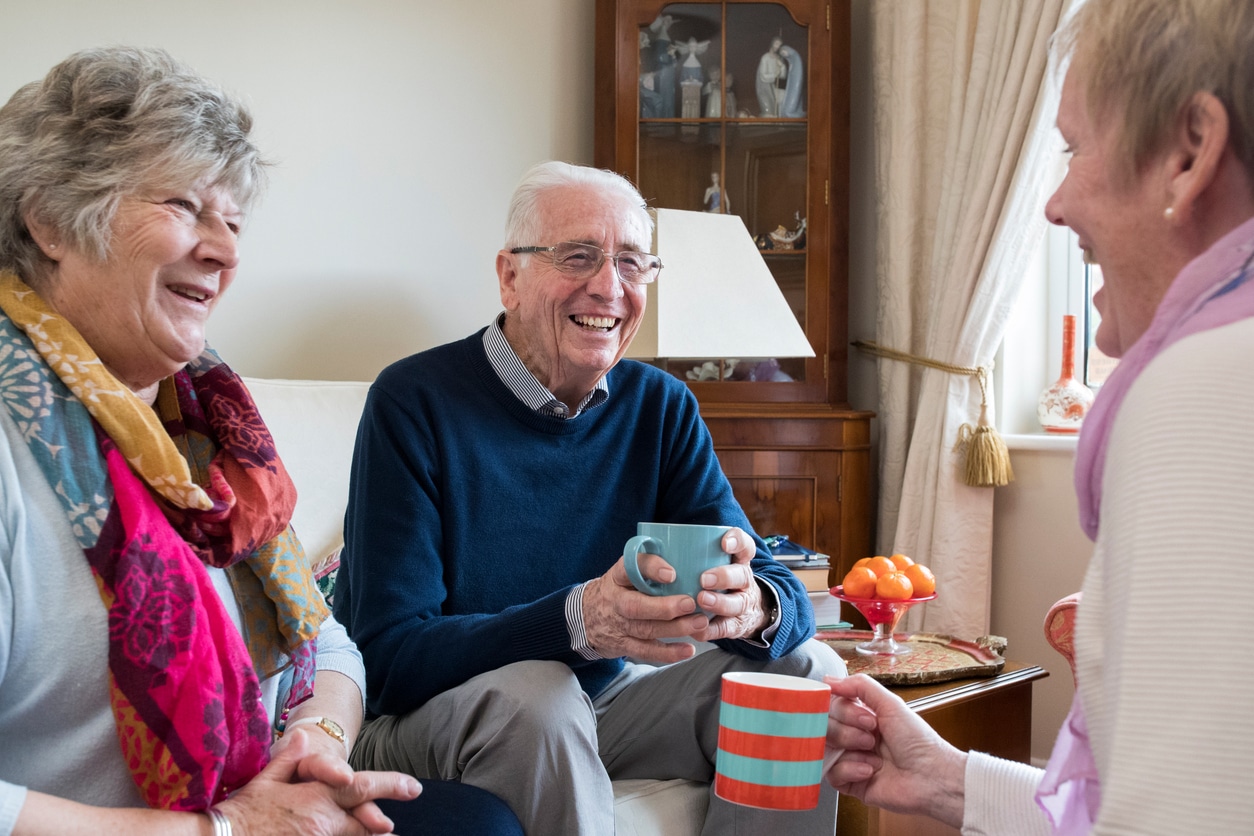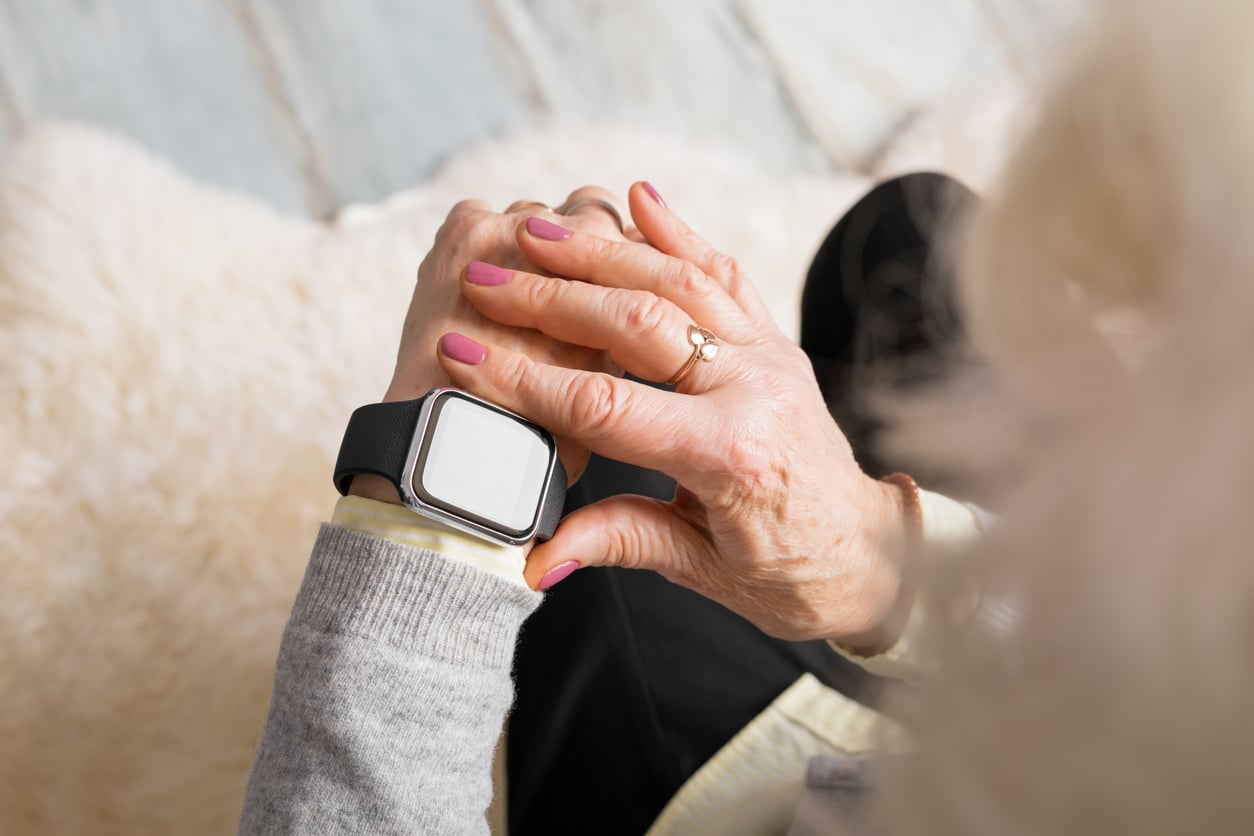If there’s one thing that I’ve come across many times, it’s that we often don’t know we’re stressed until we’re really stressed. People complain about fatigue, headaches or irritability, without realizing that the problem is actually stress. We’re not always good at reading ourselves and knowing what we need.
People who are responsible for caring for others—in particular parents, teachers, medical professionals, managers, and those caring for their aging parents—are particularly vulnerable. I saw this firsthand during graduate school when I worked with a research lab studying the impact of stress on those caring for aging parents. What we found was that most caregivers were very stressed, but often didn’t know it. They were so invested in providing care for their parents, they didn’t prioritize care for themselves.
For many people, parents provide unconditional love, support, and protection across the lifespan. When parents become impaired—whether physically, mentally or both—a role reversal takes place. The adult child is now responsible for the parent, who has become dependent. Even though the parent is still living, the caregiver may experience intense feelings of loss and grief. In addition to experiencing loss, the day-to-day tasks of caring for an aging parent and the associated financial implications can be extremely stressful. If all this sounds familiar, it might be time to seek out support—and take time to care for yourself.
Empowering Self-Care Strategies for Caregivers
It’s okay to ask for help
When people become parents, our culture tends to reward them with lots of support and fanfare, like baby showers and meals after the baby is born. But when people become caregivers, that assistance and recognition isn’t typically offered. This probably has to do with the fact that dealing with death—or impending death—is extremely painful for many people. Friends of caregivers often don’t know what to say or how to help. As a result, it’s often up to caregivers to identify what they need and articulate those needs directly to friends and family.
This is a tall order for many folks, so the best solution may be to seek outside help. An emotional support coach or a therapist can help caregivers pinpoint what they need. Additionally, a coach or therapist can provide invaluable information to caregivers, who might not otherwise recognize that changes in eating, sleeping and motivation can indicate a diagnosis, such as depression. Emotional support coaches or therapists can treat such symptoms and help caregivers come up with a plan to help.
Find a community of other caregivers
Another way to get support is by connecting with other caregivers. Peers who’ve experienced the same caretaking challenges can offer good advice, practical solutions, and a sympathetic ear. For some diagnoses, like Alzheimer’s, caretakers can find support through local resources and online communities. Additionally, many cities have community centers which offer a variety of activities for seniors, like swimming, financial education classes, and social activities. While your loved one partakes in such activities, you may discover other caregivers who congregate at the same time. Finding that social support wherever you can get it will be valuable.
Make sure to take the time to care for you
It’s often difficult for caregivers to admit they need help and that they have limitations. A lot of people think, “I should automatically be able to do this. My parent did this for me, so I should be able to offer the same support.” Some caregivers also worry that they won’t have much longer with their parents, and feel guilty leaving to take care of themselves. As a result, caregivers often overlook their own needs.
Take note when it starts to become difficult to step away to get a cup of coffee with a friend, go for a walk or read a book. This is a good time to ask yourself if you’re reacting to guilt and stress. Taking the time to care for yourself, to socialize, exercise or just relax, can help you refresh and be a better caregiver for your loved ones.
There are many different ways that caregivers can manage stress—from taking time for selfcare to talking to a therapist or coach and seeking out a community of other caregivers. The first step is acknowledging that you need and deserve care too, and then finding what works best.
-Dana Udall is a Ph.D., Head of Psychology at Ginger.io




